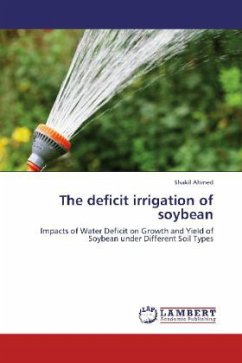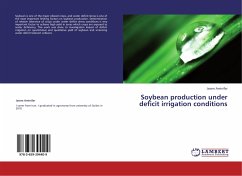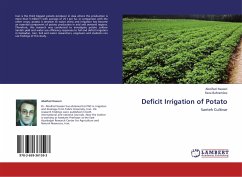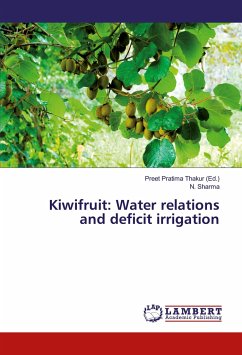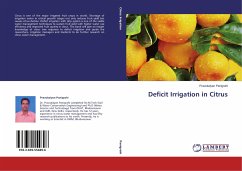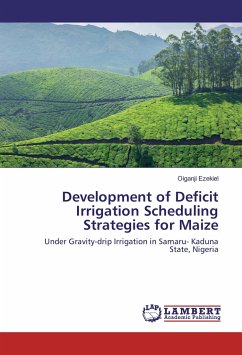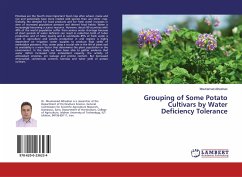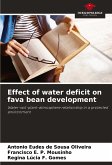The research field is impacts of water deficit on soybean under different soil types. As water supplies declined and the cost of water increases, it is clear that producers are being driven toward deficit irrigation management. Japan has vast experience in irrigation and water management of fields for rain-fed crops grown. Bangladesh has many factors similar to those in Japan. Therefore, experience gained through the proposed research program, may be beneficially used to develop irrigation and water management system in Bangladesh. Soybean is a traditionally nonirrigated (rain fed) crop that occupies quite extensive areas in agro ecosystems. The great challenge for the future will be the task of increasing food production with less water, particularly in countries with limited water and land resources. In the context of improving water use efficiency, there is a growing interest in ''deficit irrigation''. To cope with scarce supplies, deficit irrigation, defined as the application of water below full crop-water requirements (evapotranspiration), is an important tool to achieve the goal of reducing irrigation water use.
Bitte wählen Sie Ihr Anliegen aus.
Rechnungen
Retourenschein anfordern
Bestellstatus
Storno

